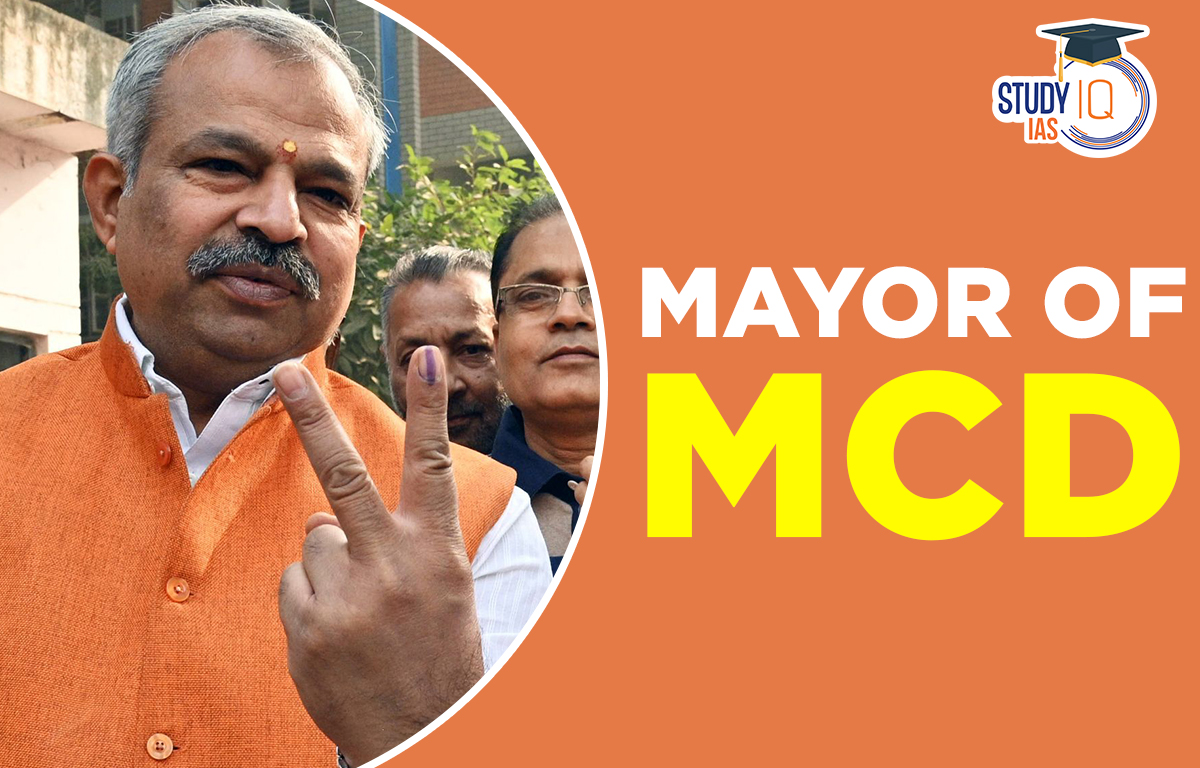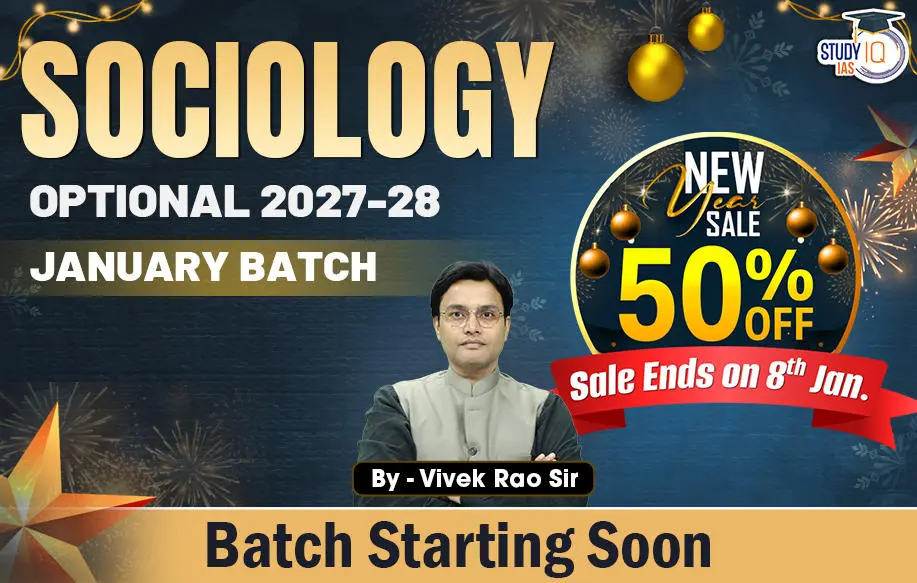Table of Contents
Mayor of MCD
About
- Mayor is the highest-ranking official in a municipal government of Delhi.
Election
- The Delhi mayor is elected by the members of the Municipal Corporation of Delhi.
- In case of tie, the special commissioner appointed to oversee the election will allow the tie to be broken through a special draw of lots.
Term
- The mayor of MCD witnesses five single-year terms on a rotation basis.
Voting in the Elections
- Voting is done through secret ballot. Apart from councilors, nominated MPs and MLAs can vote in the elections.
- However, there is no clarity whether Aldermen can vote in the Mayoral elections.
- Any councilor can vote for any candidate of his/her choice and the anti-defection law does not apply.
Reservation
- The first year is reserved for women, the second for the open category, third for the reserved category, and the remaining two also being in the open category.
Powers
- The mayor can convene a special meeting of the Corporation upon a written requisition by at least one-fourth of the total number of councillors.
- In absence of quorum (more than one-fifth), it is the mayor’s responsibility to suspend the meeting until a quorum is reached.
- The mayor has a second vote, also known as a casting vote, in case votes are tied during a Corporation meeting.
- The mayor can disallow any questions that, in their opinion, violate the provisions for asking questions during meetings under the Delhi Municipal Corporation Act.
- The mayor has the power to ask a councilor to leave in case his/her conduct is “grossly disorderly” during a Corporation meeting and suspend them from attending future meetings for a period of 15 days.
- Councilors can be disqualified from their position if they fail to submit a declaration of their own and their family’s assets to the mayor within 30 days of taking office.
Functions
- The elected mayor proceeds to conduct the election of the Deputy Mayor and six members of the Standing Committee as required under section 35(1) and 45(1)(i) of the Act respectively.
- The mayor presides over all meetings of the Delhi Municipal Corporation. If the mayor is absent, the deputy mayor assumes the mayor’s duties.
Municipal Corporation of Delhi
About
- The MCD was formed in 1958 under the Delhi Municipal Corporation Act, 1957. In 2012, MCD was divided into three parts and was reunified earlier this year by the Centre.
Elections
- Members (councillors) are elected by residents of Delhi.
Nominated Members
- 14 MLAs are nominated by the LG of Delhi to the MCD House every year and they change every year.
- Seven Lok Sabha MPs and three Rajya Sabha MPs from Delhi are also nominated members.
- The LG of Delhi can nominate 10 members to the MCD as Aldermen. Aldermen refers to people who are experts in their fields.
Functions of MCD
- Urban planning in its jurisdiction
- Land and building regulations
- Economic and social development planning
- Developing infrastructures such as roads and bridges
- Water supply management for the city
- Public health and sanitation
- Fire and other emergency services
- Running primary schools
- Slum redevelopment
- Tax collection
- Maintaining birth and death records
Municipalities
- The provisions related to Municipalities or Urban Local Governments were constituted through the 74th Constitutional Amendment Act of 1992.
- The 74th Amendment Act added a new Part (IX-A) and a new Schedule (12th schedule) to the Constitution of India, in form of Articles 243-P to 243-ZG.
- The act provides for three types of municipal governments:
- Nagar Panchayat (area in transition from rural to urban area)
- Municipal Council (smaller urban area)
- Municipal Corporation (larger urban area)
- Powers and Functions:
- All municipalities would be empowered with such powers and responsibilities that are necessary for them to function as effective institutions of self-government.
- The State Legislature may enact laws for determining powers and responsibilities to be given to the municipalities.


 New Window of Opportunity for India amid...
New Window of Opportunity for India amid...
 Cetacean Morbillivirus: Meaning, Feature...
Cetacean Morbillivirus: Meaning, Feature...
 Acid Attacks in India: Causes, Laws, Sta...
Acid Attacks in India: Causes, Laws, Sta...

























